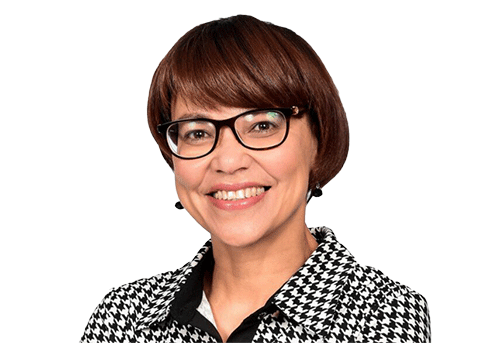After opening its taps to citizens two years ago in response to the demand for water to help combat a global pandemic, the City of Windhoek is now facing a significant spike in bad debt. This was revealed by the City’s strategic executive of finance, Jennifer Comalie, while presenting the City’s 2023/24 budget.
Bad debt is defined as an expense a business incurs once the repayment of credit previously extended to a customer is estimated to be uncollectible.
Comalie stated that from 2021 to 2022, the City experienced an increase of about N$300 million in bad debt.
She noted current bad debt stands at about N$1.2 billion as of 31 October 2023, of which N$963 million is in arrears. “We decided to open all accounts that were closed for non-payment and to give free water to people living in informal settlements during the lockdown in 2020, which really cost the City massive amounts,” she explained. Comalie added the debt mentioned includes free water debt amounting to N$60 million and N$105 million emanating from 2022 and 2023, respectively that is owed by the line ministry. The executive further noted that the City understands the economic pressures residents are experiencing due to the pandemic’s impact that reduced disposable income, increased inflation and high unemployment rates. She added that the City is considering internal measures to assist the most vulnerable residents.
Meanwhile, the City presented a strong balance sheet with total net assets standing at N$15.6 billion but remains stuck with a severe challenge of cash flow management.
Also during the budget presentation, Mayor Joseph Uapingene stated the overall budget increased to N$5 billion with expenditure of N$4.8 billion.
“The 2023/2024 budget focuses on the efficiency of service delivery with the capital budget focusing on infrastructure maintenance and creating additional infrastructure in the areas of water and electricity, to cater to the demands of the growing city. The budget also makes significant provisions to ensure that our land delivery and council housing objectives are met,” said Uapingene.
On the operational side, Uapingene stated N$507 million and approximately N$460 million have been allocated toward projects under infrastructure and housing respectively. The mayor added the City is committed to finding appropriate measures to clear the escalating debt. One of the measures being considered is an incentive to encourage residents to pay their outstanding debts. This, the mayor said, could provide much-needed debt relief for residents.


